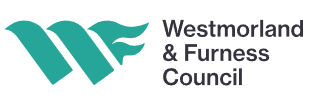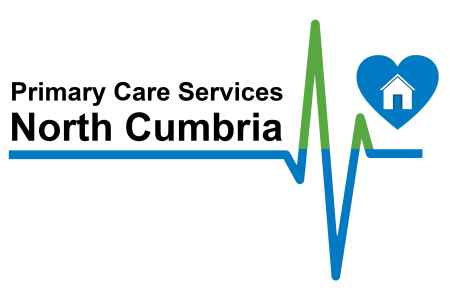Below are some of the system partners that primary care works with in order to provide services in your local communities.
We are part of the North East and North Cumbria Integrated Care System (ICS).
This is a partnership of organisations including local councils, voluntary and community services that provide health and care across our region. It’s led by the NHS Integrated Care Board (ICB) who are working collectively, joining up resources and expertise to provide the best health and care for our local communities.
You can find out more about the ICB at: northeastnorthcumbria.nhs.uk
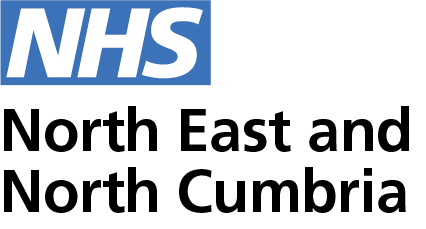
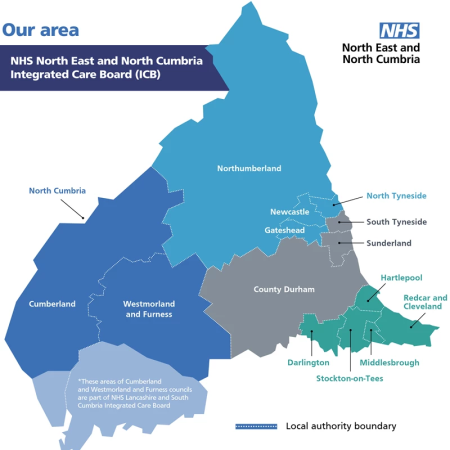
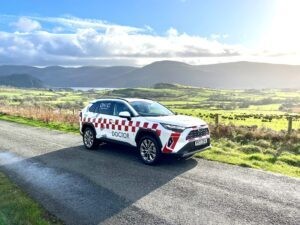
CH were the first OOH service in the country to be rated as ‘Outstanding’ by the CQC. This rating reflects CH's vision and demonstrates the improvements and contribution made to primary care across Cumbria.
More at: chocltd.co.uk
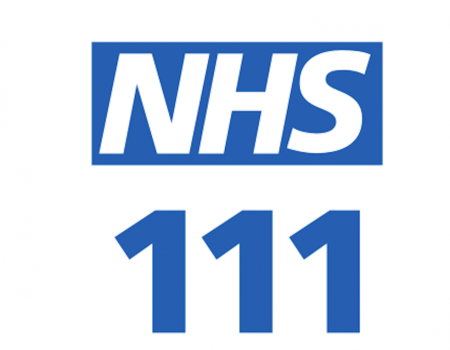
Clinicians, such as nurses, doctors, pharmacists and paramedics now play an important role in NHS 111. In fact, over 50% of people who call 111 speak to someone in one of these roles.
In many cases NHS 111 clinicians and call advisors can give patients the advice they need without using another service such as their GP or A&E.
If needed, NHS 111 can book patients in to be seen at their local A&E / emergency department or an urgent treatment centre, emergency dental services, pharmacy or another more appropriate local service – as well as send an ambulance should the patient’s condition be serious or life-threatening.
NHS 111 is here to make it easier and quicker for patients to get the right advice or treatment they need, be that for their physical or mental health.
24 hours a day, 7 days a week.
To get help from NHS 111, you can:
- Go online to nhs.uk (for assessment of people aged 5 and over only).
- Call 111 for free from a landline or mobile phone.
Alternative access to NHS 111
If you have difficulties communicating or hearing, you can:
- Call 18001 111 using the Relay UK app on your smartphone, tablet or computer, or via a traditional textphone; or
- Use the NHS 111 British Sign Language (BSL) interpreter service if you’re deaf and want to use the phone service.
NHS England has produced this video to help people with a learning disability, autism or both, to use the NHS 111 service.
Other resources are also available on the NHS 111 service including:
Healthwatch champions the views of the public in the health and care system, ensuring that their experiences lead to the improvement of services.
Healthwatch are constantly listening, recording, and reporting the views of local people on a wide range of health and care issues, ensuring that people in the area have the opportunity to express their views and have a voice in improving their health and care services.
It is a statutory service, backed by legislation, which must be in place in every region of the UK.

Healthwatch Cumberland
info

Healthwatch Westmorland and Furness
info
North Cumbria Integrated Care NHS Foundation Trust (NCIC) provide hospital and community health services to a half a million people. We’re responsible for delivering over 70 services across 15 main locations and we employ over 6500 members of staff. Our values of kindness, respect, ambition and collaboration drive us to provide safe, high-quality care every time.
NCIC is part of North East and North Cumbria Integrated Care System (ICS), which is a partnership of organisations including local councils, voluntary and community services that provide health and care across our region.
Led by the North East and North Cumbria Integrated Care Board (ICB) we work collectively, join up resources and expertise to provide the best health and care for our local communities.
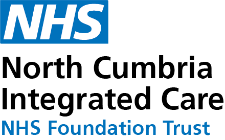
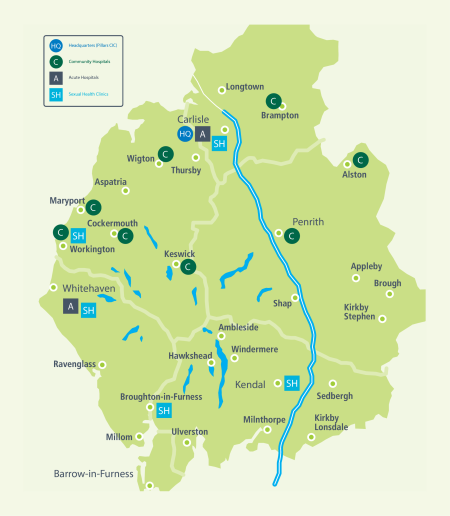
Cumbria, Northumberland, Tyne and Wear NHS Foundation Trust (CNTW) provides a range of mental health, learning disability and neurological care services across the north of England.
The Trust works from more than 70 sites across Cumbria, Northumberland, Newcastle, North Tyneside, Gateshead, South Tyneside and Sunderland. We also run a number of regional and national specialist services. Along with partners, we deliver support to people in their own homes, and from community and hospital-based premises.
We have around 9,000 people working for us and a budget of over £537 million.
The services we provide are divided into four sections, which are organised geographically into “locality care groups”. These are known as North, Central, South and Cumbria.
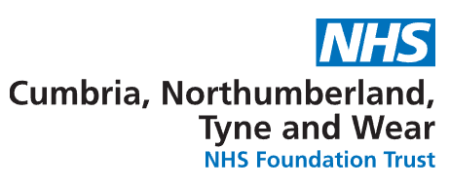
North West Ambulance Service NHS Trust (NWAS) serve more than seven million people across approximately 5,400 square miles – the communities of Cumbria, Lancashire, Greater Manchester, Merseyside, Cheshire and Glossop (Derbyshire).
- We receive approximately 1.7 million 999 calls and respond to over a million emergency incidents each year.
- We make more than 1.3 million patient transport journeys every year for those who require non-emergency transport to and from healthcare appointments.
- We deliver the NHS 111 service across the region for people who need medical help or advice, handling around 3.6 million calls every year.
- We employ around 7,074 staff in over 300 different roles.
- More than 1,000 people volunteer with us as community first responders, volunteer car drivers or patient and public panel members
- We have over 1,000 emergency and non-emergency vehicles operating across the North West.
- We have an annual budget of £473 million.
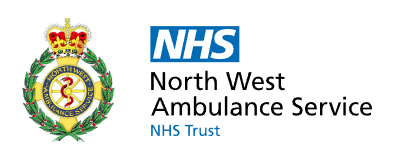
Community Pharmacy North Cumbria
The Local Pharmaceutical Committee is the body set up under the National Health Service Acts to represent pharmacy contractors within the area.
Community Pharmacy Cumbria Committee is made up of fifteen members who represent all Cumbrian contractors and are elected by the individual sectors every 4 years.
The committee members are supported by 2 staff members and supported by a regional PSNC representative.
The Local Pharmaceutical Committee is constituted according to the PSNC model constitution and follows a strict accountability procedure and governance arrangements.
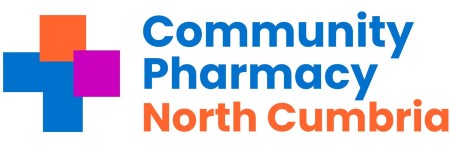
Cumberland Council is a unitary council. We have replaced:
- Allerdale Borough Council
- Copeland Borough Council
- Carlisle City Council
- Cumbria County Council
We deliver a range of services including:
- Collecting bins and recycling
- Planning
- Council Tax and benefits
- Homelessness prevention
- Maintaining roads, pavements and footpaths
- Business rates
- Adult learning
- Schools and social care
- Libraries and archives
- Registration services
Cumberland Council will provide services to people who live in Allerdale, Carlisle and Copeland.
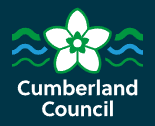
Westmorland and Furness Council is a unitary council. We have replaced:
- Barrow Borough Council
- Cumbria County Council
- Eden District Council
- South Lakeland District Council
We deliver a range of services including:
- Collecting bins and recycling
- Planning
- Council Tax and benefits
- Maintaining roads, pavements and footpaths
- Schools and social care
We cover an area that stretches from Alston in our far north east, to Walney Island in our far South West. It includes the towns of Barrow, Kendal and Penrith.
